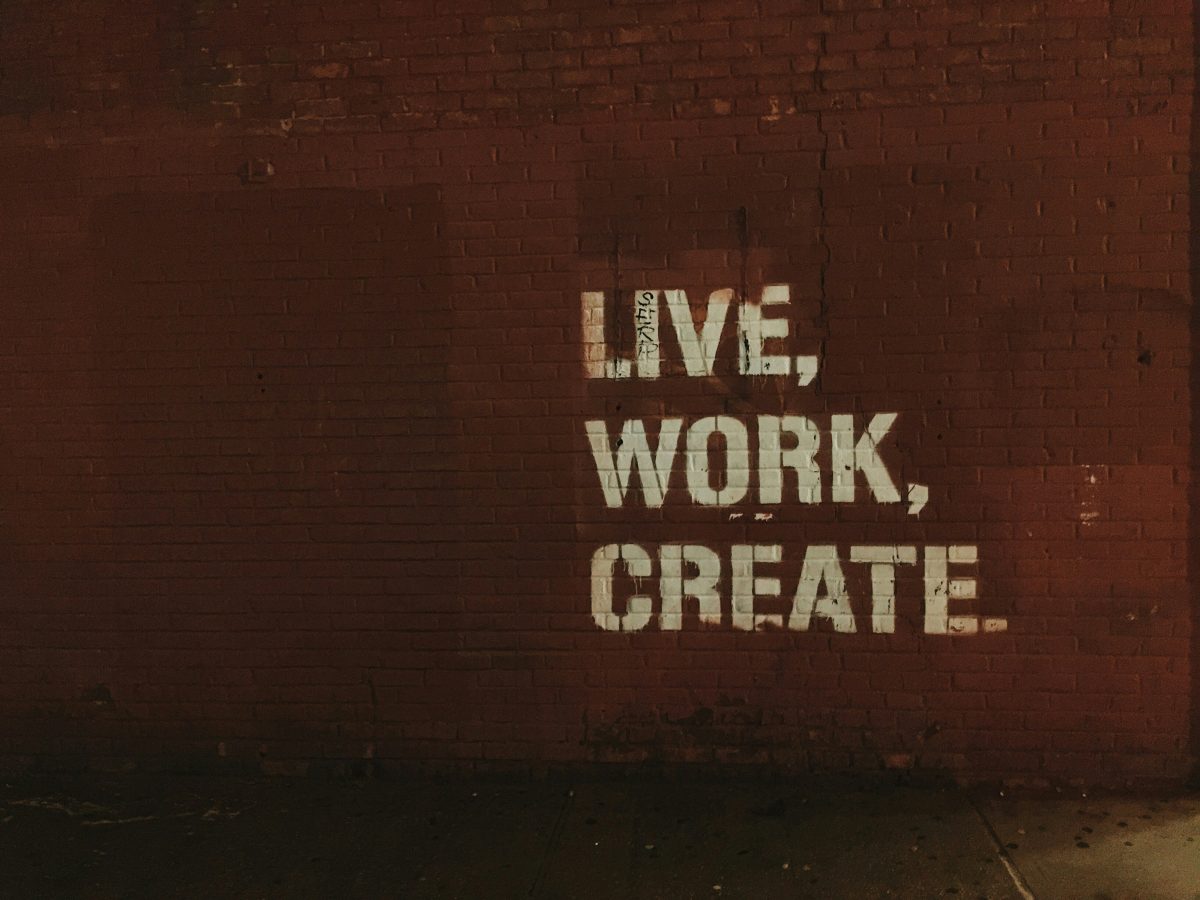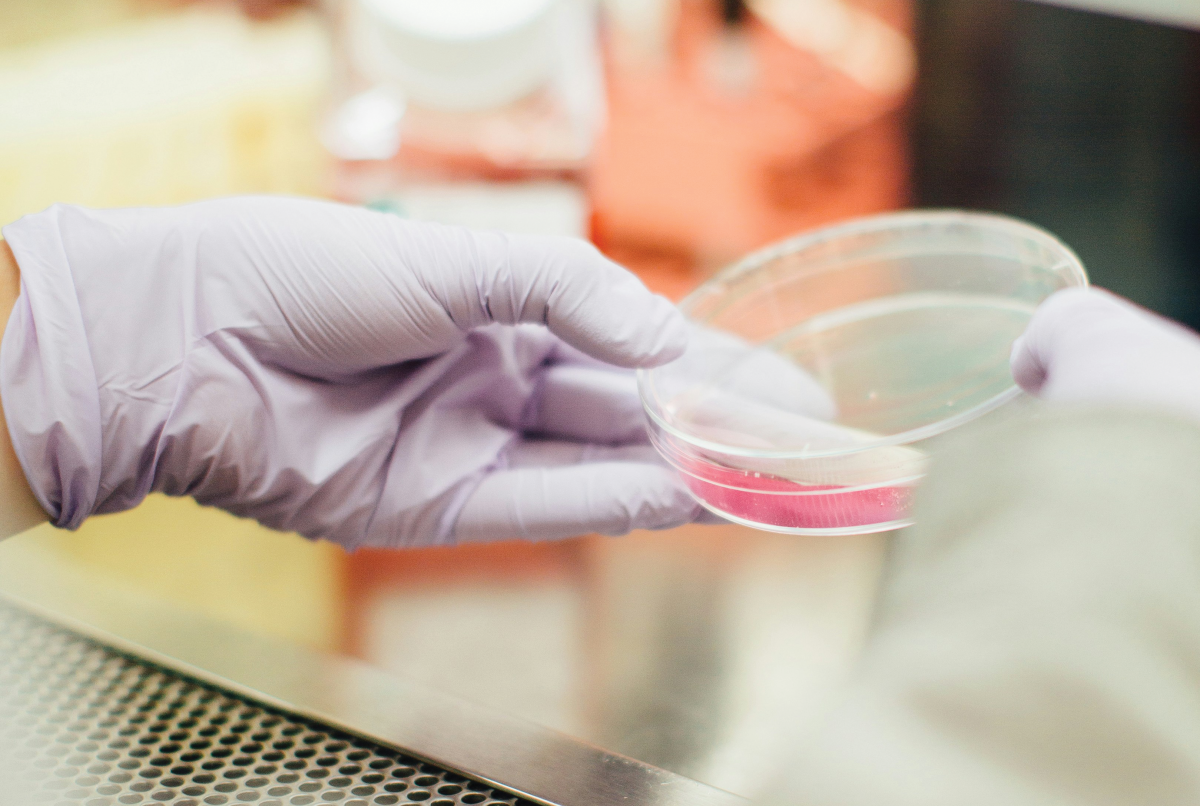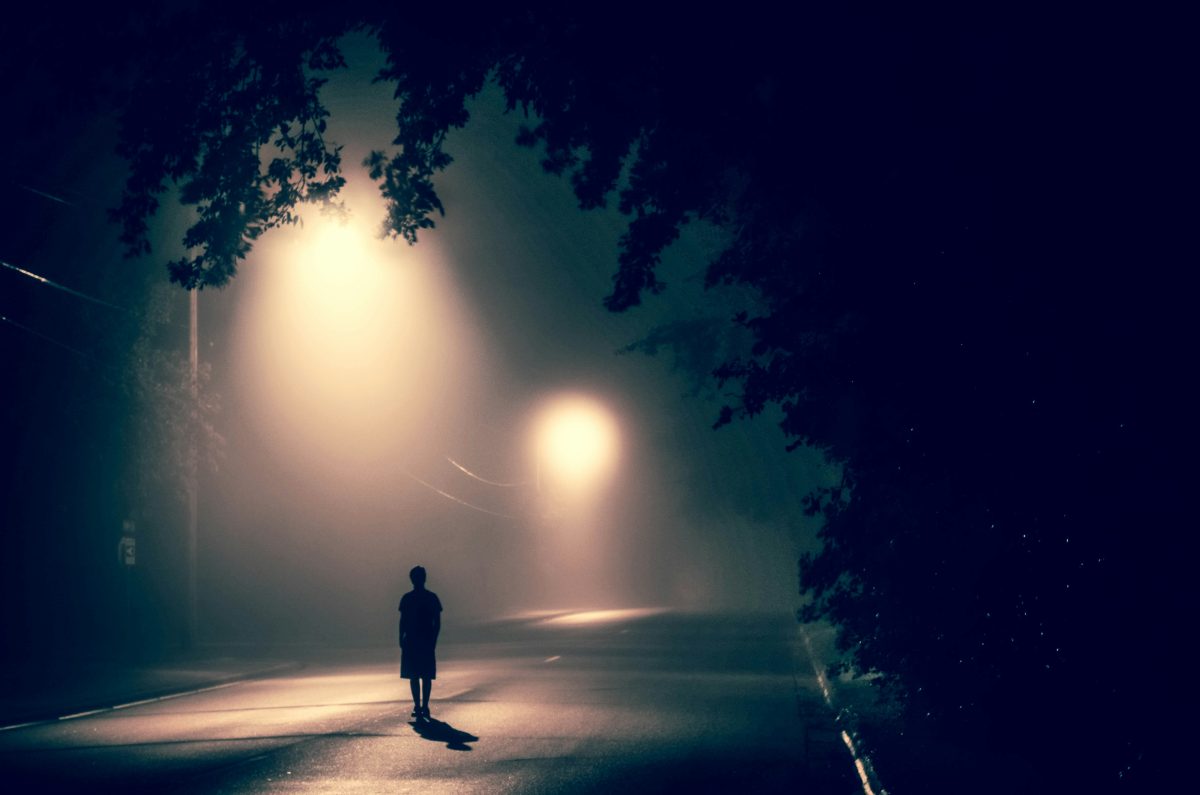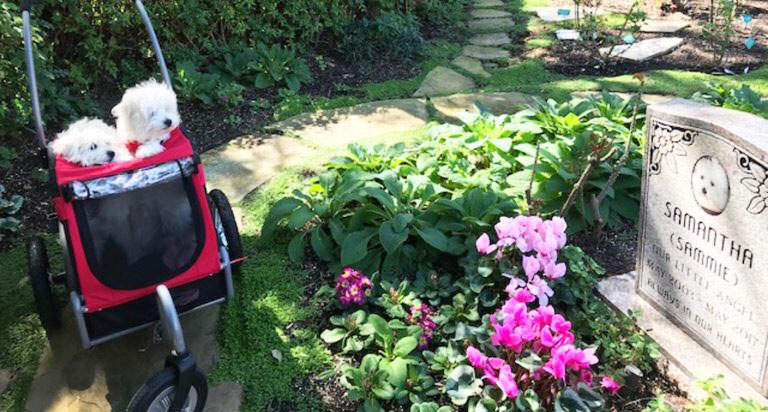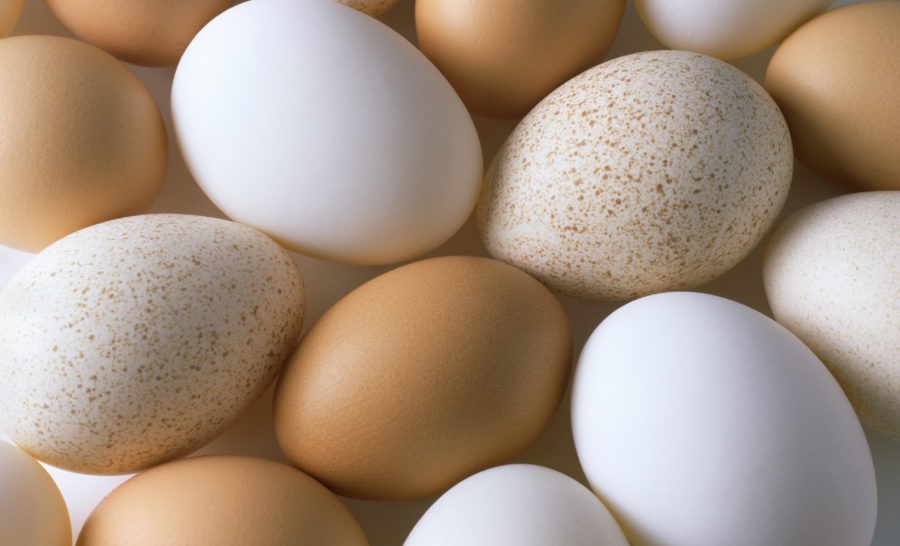Our furry, four-legged friends are our family. When they die, it is common for us to mourn. Our dogs (and cats if you’re into that sort of thing) can be our best friends. We would attempt to do everything in our power to keep our fluffy friends with us forever, but how far are some people willing to go?
Barbara Streisand lost her dog, Samantha, of 14 years in May 2017. Depressed from the loss, Streisand cloned her dead dog to keep the spirit of Samantha alive.
Samantha’s doctor took cells from her cheeks and the skin on her tummy just before she died, and sent them to ViaGen Pets in Texas. Waiting for test results, Streisand finally received a call from the lab saying that four dogs had been successfully produced via the cloning process. Unfortunately, the runt of the litter died shortly after “being produced.” Streisand kept two, Miss Violet and Miss Scarlet, and gave the other to a family friend.
“You can clone the look of a dog, but you can’t clone the soul. Still, every time I look at their faces, I think of my Samantha… and smile,” Streisand said.
Streisand only cloned her dog, but what is stopping humans from attempting to clone other humans? This thought reminds me of the horrible movie “The Santa Clause 2.” If you have seen it, you regret it and wish you could cleanse your memory. In the movie, Santa has to return to his home town to find a wife and creates a clone of himself to stay at the North Pole. Unfortunately for the real Santa, cloned Santa starts making an army of Santa clones to take over Christmas. There’s the real problem with cloning: they will rise up and create an enormous clone army.
This leads to the controversial question: Is cloning ethical? The answer is no because it simply is against the natural order of life.
The natural way that life is created is obviously through sexual reproduction. By creating organisms with a machine, you have immediately disrupted the natural order and will ultimately lose the diverse beauty of all organisms.
According to the Current Health Sciences Journal, cloning creates identical genes. By replicating genes, diversity is reduced, which weakens the ability for organisms to adapt.
The CHSJ also points out that cloning is destructive to the beauty that comes from diversity. We as humans find beauty in the new, different, and unique- so why would we stray from this by making so many things exactly the same?



